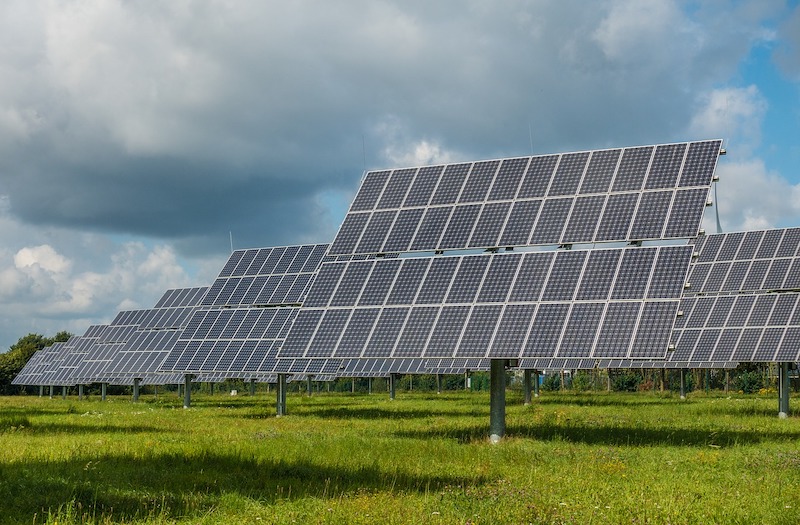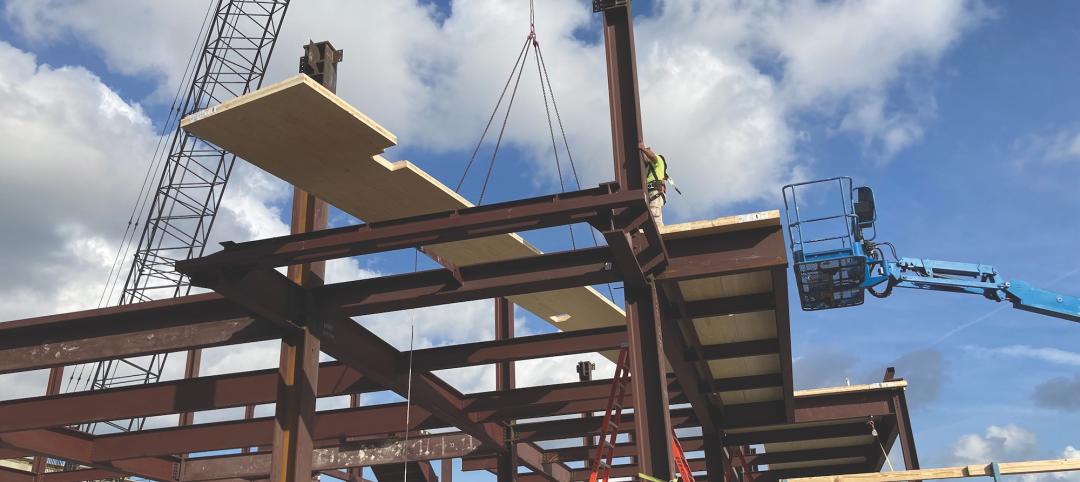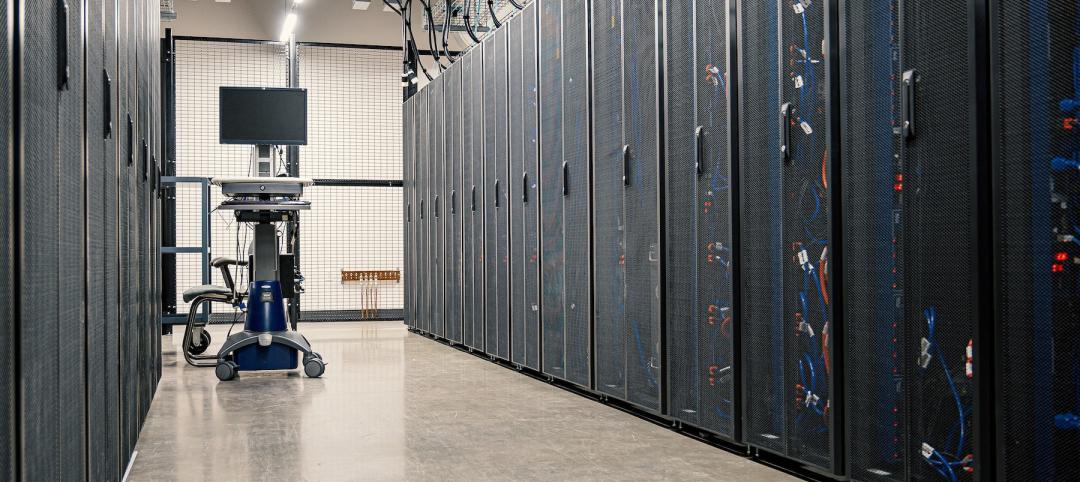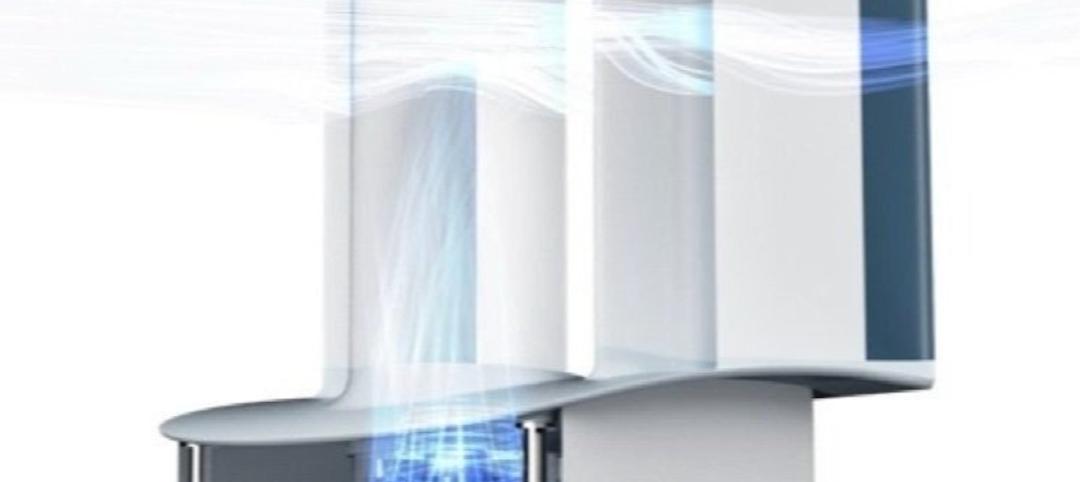The 2021 Solar Investment Tax Credit (ITC) was scheduled to step down to 22% this year, but will stay at 26% after Congress struck a last-minute bipartisan deal on a major energy bill within an omnibus package to fund the federal government.
The legislation provides a two-year extension of the solar Investment Tax Credit (ITC) and additional funding for research and development, including on soft costs critical to distributed energy deployment. It also includes support for more access to federal lands for renewable energy projects.
Under the legislation, the solar ITC will remain at 26% for projects that begin construction in 2021 and 2022, step down to 22% in 2023, and will be further reduced to 10% in 2024 for commercial projects. The residential credit will end in 2024.
The bill also provides loan guarantees for projects that deploy innovative emission-reducing technologies, and establishes new programs to accelerate the transition to clean energy. The legislation includes fossil fuel and nuclear research and development funding, but it shifts funding parity toward renewables.
Related Stories
Legislation | Nov 13, 2022
U.S. voters pass numerous affordable housing measures
Voters in many U.S. jurisdictions passed housing measures Nov. 8 that will collectively set aside billions of dollars in new funding to create more affordable housing and provide protections for renters.
Industry Research | Nov 8, 2022
U.S. metros take the lead in decarbonizing their built environments
A new JLL report evaluates the goals and actions of 18 cities.
Resiliency | Nov 8, 2022
Oregon wildfire risk law prompts extensive backlash from property owners
A bipartisan bill aimed at protecting property owners from wildfires that was passed by the Oregon legislature has prompted a strong backlash.
Green | Nov 8, 2022
USGBC and IWBI will develop dual certification pathways for LEED and WELL
The U.S. Green Building Council (USGBC) and the International WELL Building Institute (IWBI) will expand their strategic partnership to develop dual certification pathways for LEED and WELL.
Sponsored | Steel Buildings | Nov 7, 2022
Steel structures offer faster path to climate benefits
Faster delivery of buildings isn’t always associated with sustainability benefits or long-term value, but things are changing. An instructive case is in the development of steel structures that not only allow speedier erection times, but also can reduce embodied carbon and create durable, highly resilient building approaches.
Building Team | Nov 7, 2022
U.S. commercial buildings decreased energy use intensity from 2012 to 2018
The recently released 2018 Commercial Buildings Energy Consumption Survey (CBECS) by the U.S. Energy Information Administration found that the total floorspace in commercial buildings has increased but energy consumption has not, compared with the last survey analyzing the landscape in 2012.
Codes and Standards | Nov 2, 2022
New York City construction official wants to boost design-build
The new associate commissioner of alternative delivery in New York City’s Department of Design and Construction aims to encourage more design-build project delivery in the city.
| Nov 1, 2022
Updated Florida building codes helped newer homes withstand Hurricane Ian
Newer homes seemed to fare much better than older structures during Hurricane Ian, suggesting that updated Florida building codes made a difference.
Data Centers | Oct 31, 2022
Data center construction facing record-breaking inflation, delays
Data center construction projects face record-breaking inflation amid delays to materials deliveries and competition for skilled labor, according to research from global professional services company Turner & Townsend.
Energy Efficient Roofing | Oct 28, 2022
Rooftop mini turbines can pair with solar panels
A new type of wind turbine can pair well on roofs with solar panels, offering a double source of green energy generation for buildings.

















